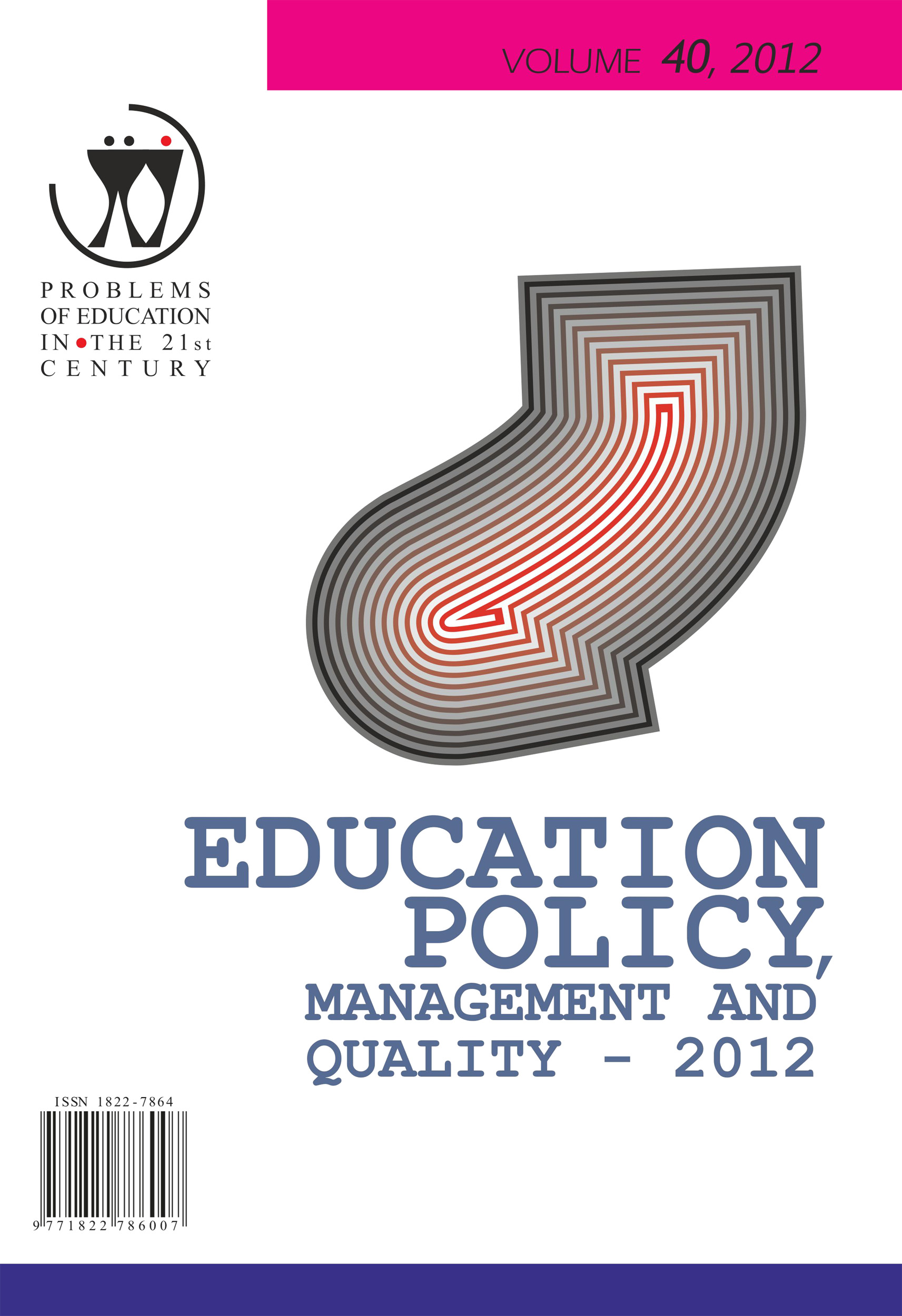TEACHING, LEARNING, AND KNOWLEDGE BUILDING: THE CASE OF THE REMOTE NETWORKED SCHOOL INITIATIVE
TEACHING, LEARNING, AND KNOWLEDGE BUILDING: THE CASE OF THE REMOTE NETWORKED SCHOOL INITIATIVE
Author(s): Thérèse Laferrière, Sylvie Barma, Fernand Gervais, Christine Hamel, Stéphane Allaire, Alain BreuleuxSubject(s): Education, ICT Information and Communications Technologies, Distance learning / e-learning
Published by: Scientia Socialis, UAB
Keywords: activity theory; collaboration; expansive learning; remote networked school;
Summary/Abstract: The Remote Networked School (RNS)/« École éloignée en réseau » is an initiative that aims at implementing an innovation with Internet-based technologies in support of teaching and learning as well as knowledge building in small rural schools. The first eight years of the RNS are examined applying Engeström’s activity theory framework, and more specifically the concept of expansive learning wherein we document the 7 stages. Tensions and contradictions are identified to provide an “inside” understanding of what matters when new technologies designed to support co-teaching and co-learning within and between classrooms are introduced. Two activity systems or more shared the same object such that students would engage actively in collaborative online discourse for solving authentic problems. To this end the trajectory of the RNS initiative had to overcome contradictions. As a result an expansive learning cycle was documented.
Journal: Problems of Education in the 21st Century
- Issue Year: 40/2012
- Issue No: 1
- Page Range: 96-113
- Page Count: 18
- Language: English

